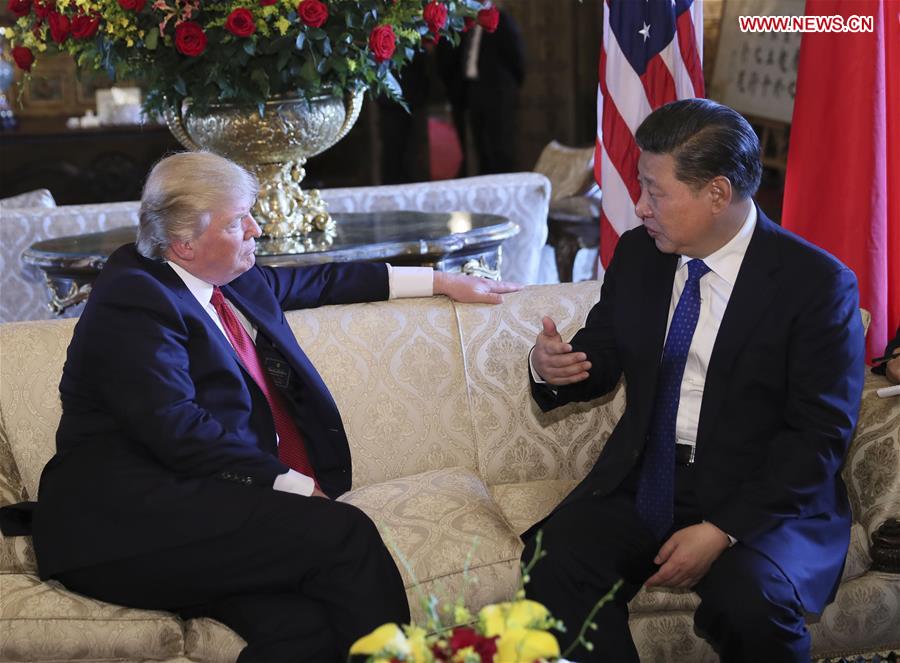China should be confident in this: As long as China maintains steady peripheral diplomacy, the US can do nothing to China and Beijing will gain the initiative in diplomacy toward Washington.

By Global Times (27 December 2018) – China went through a warm year in 2018 as there was no crisis-level conflict between China and its neighboring countries. Those who once had tense relations with China are now moving closer to Beijing.
China’s relations with India, Japan and the Korean Peninsula countries simultaneously improved in the past year. The situation in the South China Sea has eased and negotiations on the South China Sea Code of Conduct have accelerated. Meanwhile, the China-Russia comprehensive strategic partnership of coordination continued to develop and the friendly relationship between China and five Central Asian countries remained stable.
Peripheral diplomacy is of the utmost importance to every country but not so easy to handle. Bleak relations, even hostility, between neighboring countries are common around the world, and thus endlessly consume diplomatic resources.
Peripheral diplomacy is actually a very hard task for China as it has so many neighbors with large populations. Other factors that obstruct China are problems left over by history: unclear demarcation or complicated relations during ancient times.
Therefore, it is quite an achievement that China has controlled the big problems and improved ties with its neighbors. The current situation signals that China has perfected its ability to shape the periphery.
The economic development of China is becoming more attractive to surrounding countries. China is the largest commercial partner of almost all ASEAN and Northeast Asian countries. China’s trade with Russia and India also developed rapidly. The Chinese investment at the periphery is day by day far beyond the reach of the US. The latter issued only “certificates of merit” to China’s neighboring countries, while China brought them genuine benefit.
China’s strength is growing, but Beijing does not seek hegemony on its periphery. Instead, China is showing more respect toward surrounding nations as well as more patience toward China’s disputes with them. China’s confidence has promoted public support for the country’s principles of amity, sincerity, mutual benefit and inclusiveness toward its neighbors.
Washington has been emphasizing “America First” in the past two years, which has led to a greater sense of uncertainty over the US among China’s neighboring countries. This has also increased the enthusiasm for Beijing’s neighbors to improve ties with China.
Strategically speaking, when the gap in national strength widens between China and surrounding nations, the latter will be more motivated in improving relations with China, and proactively challenging China’s core interests and confronting China generally will not be an option.
Yet there are still two long-standing puzzles between China and its neighboring countries: territorial disputes and US interference.
Managing territorial controversies on our border areas has been a significant experiment for China to improve peripheral diplomacy. Since launching its rebalance to the Asia-Pacific strategy, Washington has been making use of territorial disputes in the region. This experience shows that the actual threat of US intervention is much more menacing than the twists and turns caused by territorial disputes themselves.
As long as China sincerely implements the principles of amity, sincerity, mutual benefit and inclusiveness toward its neighbors, the nation’s ability to shape its periphery will be far stronger than the US capacity to stir trouble in the region. This has been proved in the past two years.
China should be confident in this: As long as China maintains steady peripheral diplomacy, the US can do nothing to China and Beijing will gain the initiative in diplomacy toward Washington.


